The Conversation – Arlie Loughnan, University of Sydney
AMelbourne man was found not guilty this week of murdering a homeless man by reason of mental impairment. The man, Easton Woodhead, who suffers from schizophrenia, killed Morgan Perry, believing Perry had stolen his motorcycle. A Supreme Court jury acquitted Woodhead of murder on the basis of mental impairment.
This type of case frequently raises concerns about the validity of this defence. There is a preconception that the mental illness and related defences are seen in the public discourse as “get out of jail free” cards; illegitimate excuses – perhaps even fabricated or made up – allowing some individuals to “get off” criminal charges.
According to this logic, successful mental illness defences are suspect. But, contrary to this logic, we should be concerned about the low numbers of people charged with criminal offences who raise what is known in criminal law as the mental impairment or mental illness defence.
It’s hard to be precise about numbers here, but we do know that very few individuals successfully raise defences such as insanity or mental illness. The NSW Law Reform Commission found just 32 successful defences in 2011-12.
Why is the defence so rarely used?
What’s going on here? How does this square with what we know about the high numbers of individuals in prison with mental illnesses?
Part of the explanation is the difference between medical and legal definitions of “insanity”. Only a selection of mental illnesses, as understood by psychiatrists and psychologists, qualify as mental illness for the criminal law.
For the insanity defence, mental illness must affect the individual in a particular way. It must affect his or her reasoning processes – his or her cognitive capacity – not “just” affect emotion or volition. This immediately rules out many genuine mental conditions that can seriously impact someone’s life.
The difference between legal and medical definitions is part of the reason for the gap between numbers of prisoners with mental illness and the use of the mental illness defence. Another reason for this gap, and the injustice that results from it, is to do with the criminal law.
Here’s the rub: in an attempt to respect people as autonomous individuals, the criminal law assumes everyone is sane.
Assuming everyone charged with a criminal offence is sane, and responsible for their actions, entails assuming that individuals have particular capacities (of cognition, volition and morality). If an accused lacks the necessary capacities, he or she is not responsible and cannot be held to account for his or her actions in the context of a criminal trial and conviction.
Raising the insanity or mental illness defence involves making a claim of non-responsibility.
What is the legal test for ‘insanity’?
NSW criminal law relies on the M’Naghten Rules to define the test for insanity. The M’Naghten Rules require that: (1) an individual suffers from a “defect of reason”, which is (2) caused by a “disease of the mind”, and, as a result, (3) he or she does not know the “nature and quality” of the act or that it was wrong.
This language sounds arcane, and it is. The M’Naghten decision dates from 1843. The effect of the decision is that it is really difficult to raise the mental illness defence successfully.
Like other states in Australia, Victoria, where Woodhead was tried, has a statutory insanity provision based on the M’Naghten Rules.
The limitations of this test are clear:
- not all severe mental illness affects reasoning capacity;
- no psychiatrists use the term “disease of the mind”; and
- requiring people to be so profoundly affected that they don’t know the nature and quality of their act or that it is wrong sets the bar too high.
The vast majority of people with serious mental illness would fail this test. We need to bring the law up to date with current medical knowledge. We need a genuinely accessible insanity defence. This would help direct people who really need it into treatment.
Defence does not let people ‘walk free’
In Australia and elsewhere, an accused found to be insane is exposed to special court powers of disposal. If an individual is not criminally responsible, he or she isn’t free to walk away as if acquitted. Detention in a secure psychiatric unit in a prison can be just as long – or longer – than any prison term. Treatment rather than punishment is not a “get out of jail” card.
If a genuinely accessible insanity defence provides treatment for people who really need it, it’s better for both the individual and society.
And, before we assume any option other than “proper” punishment is just too lenient, we must pause to think about what having an insanity defence that is genuinely accessible really means.
Exempting insane defendants from criminal responsibility is the flipside of holding people to account only when they are properly agents of their own actions. This means it is the “price” we pay for a system that treats us all as responsible unless proven otherwise.
Arlie Loughnan, Associate Professor in Law, University of Sydney. This article was originally published on The Conversation. Read the original article.











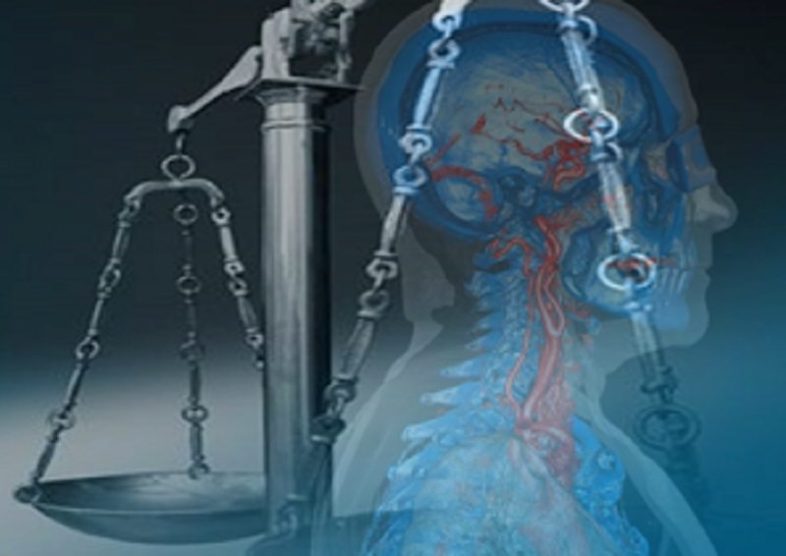

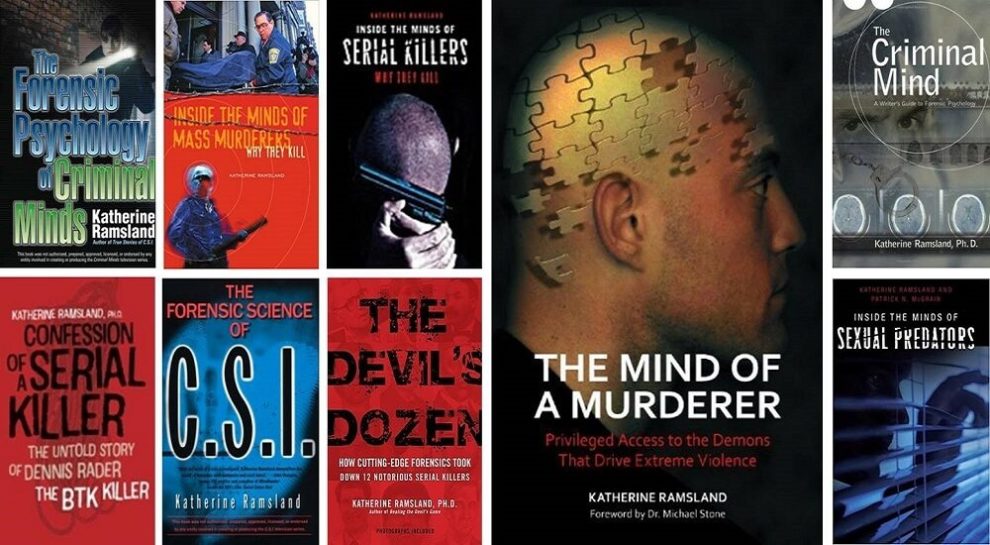

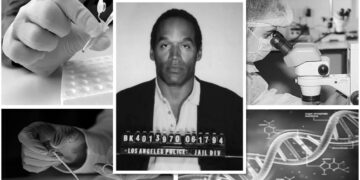










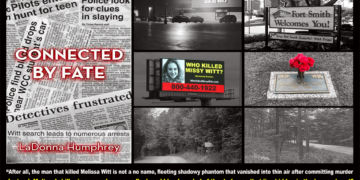
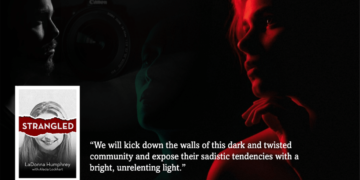
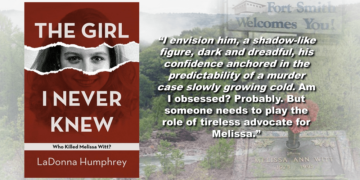
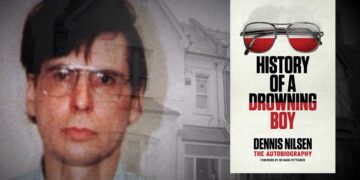
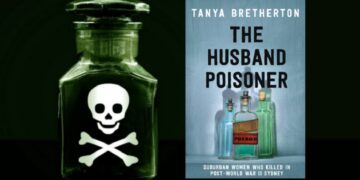
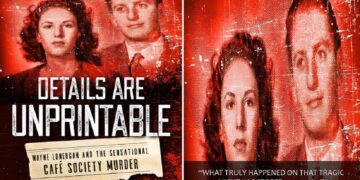








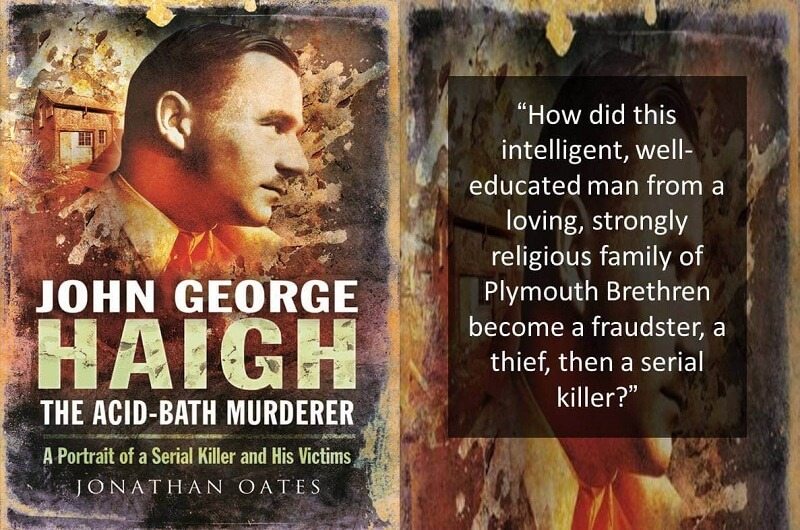
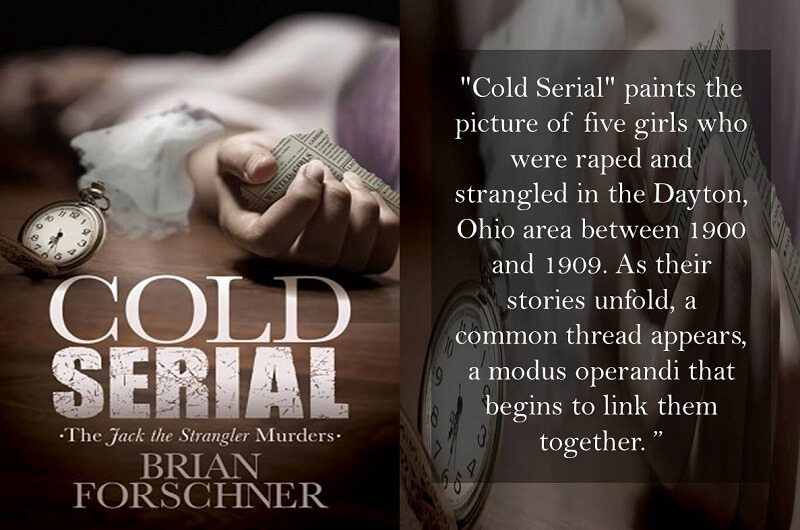


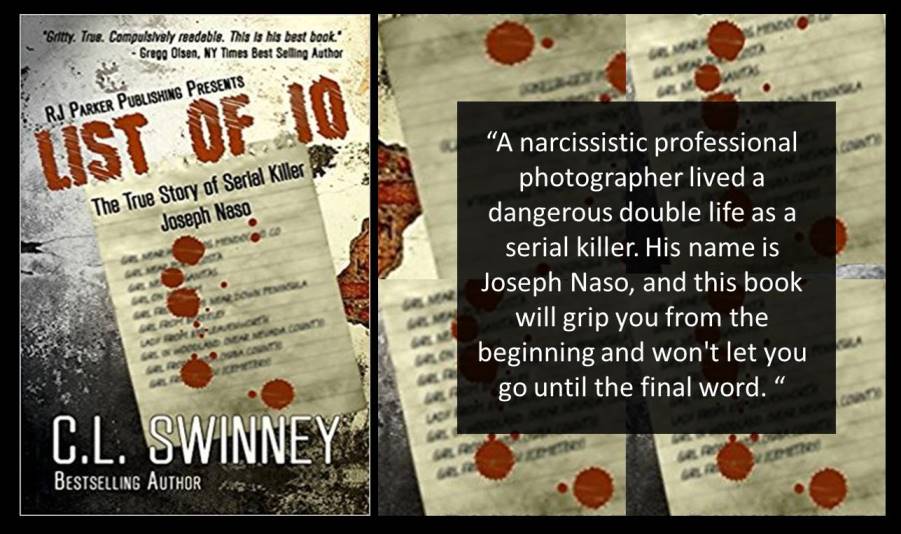


Woah! I’m really loving the template/theme
of this blog. It’s simple, yet effective. A lot of times it’s tough
to get that “perfect balance” between user friendliness and visual appeal.
I must say that you’ve done a great job with this.
Additionally, the blog loads very fast for me on Safari.
Superb Blog!
Lov ur blog iam glad i found it.lov all the storie always interesting.somethin new evry time
Thank you, how kind and I am glad you are enjoying the blog! I hope you will continue to enjoy future posts too.
Thank’s great post.
Wow! Eventually I got to an internet site from which I’ve learned how to actually obtain valuable information regarding my study and knowledge.